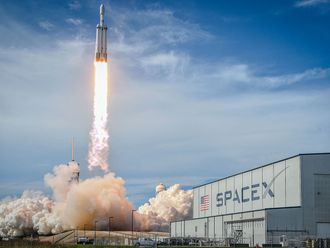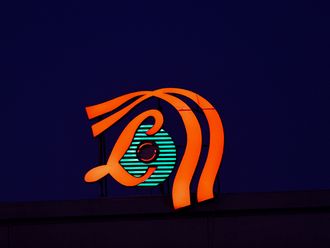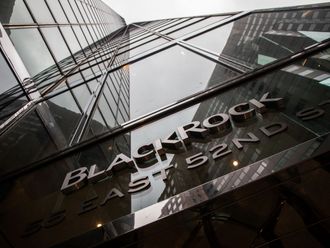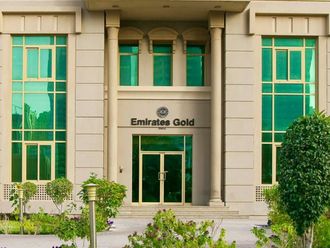Dubai: Gulf investors can buy out corporations such as the Incheon Airport Corporation, the operators of the largest Korean airport as well as invest in an $80 billion (Dh293 billion) green development strategy, Young-Geol Lee, South Korea's Vice-Minister of Strategy and Finance, told reporters yesterday during a Korean investment roadshow.
Several large Korean corporations have been opened up to foreign investment as the government begins to privatise several state-owned companies.
"We are still expanding our social infrastructure by quite a bit and these are projects that take huge amounts of funding. Recently we have been broadening our funding sources from government to public-private partnerships. We would like to see a lot more interest and investment from the Gulf region," said Lee.
Economic ties
The list includes 24 large public enterprises, 14 corporations that are run as private enterprises but are owned by the government, and 131 small companies in which public enterprise holds the majority share.
The government has set a budget of $80 billion for the coming four years for green growth that includes the development of renewable sources. Government officials are hoping the funding will come in from international investors, especially from the Gulf.
"Korea has a well thought-out framework for green growth policy and is turning this into a growth engine for the future. The whole world economy can benefit from this," said Lee.
"We are looking at the long-term relationship instead of a short-term inflow of investment. If we strengthen the long-term relationships in a strategic way, investments will follow," said Christy Hyun-Joo Lee, managing director for global capital market division of Woori Financial Group, managers of the roadshow.
The vice-minister said the government is willing to consider special legislation to promote interaction between the Gulf region and Korean entities.
He also mentioned tax incentives, facilities and land plots for foreign companies to boost foreign direct investment.
"Tax treatment of Islamic banking and the issuance of sukuks was restricted and limited.
"We presented a government proposal to the National Assembly to revise the tax treatment and expect the issuance of sukuks could start next year," said the director-general of the ministry's economic budget bureau, Suk Joon Lee.
UAE-Korea trade has jumped 40 per cent each year since 2003, and the authorities believe it is time to expand economic ties.
Meanwhile, Korea is working with UAE government organisations to increase its investments and contributions to the services sector in the country. These include manufacturing, health care and education services.
Korea will sign a memorandum of understanding with Abu Dhabi's Department of Economic Development to share knowledge and experience in economic and human resources development.
Two of the largest investment companies, Korean Investment Corporation and the Abu Dhabi Investment Authority, will also sign an MOU for cooperation.
Mubadala Development Company, the investment arm of the Abu Dhabi government, has already signed an agreement with Wooridul, a medical operator, for a Dh1 billion hospital.
It will open by the end of 2011 in the capital, according to John Yoon, general manager for strategic planning headquarters of the International Business Department, at Wooridul, operators of the hospital.
The medical operator is in discussions with investment companies in the UAE to establish a network of rehabilitation and physiotherapy centres.
"We are collaborating with Mubadala to bring a lot of other medical services from Korea into the region," he said.
"A lot of patients in the region travel abroad for these services. Right now, government spending accounts for 75 per cent of all health care budget in this country so we want to help the government reduce that spending and use it elsewhere by having the services locally," said Yoon.










